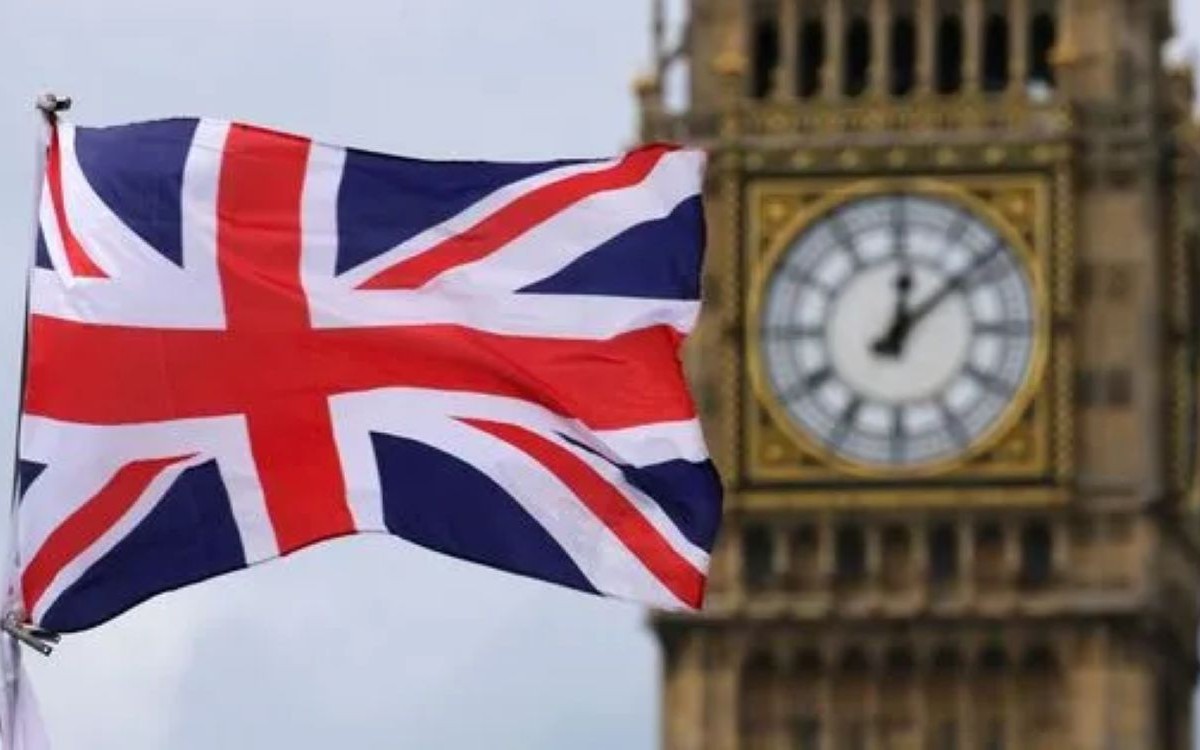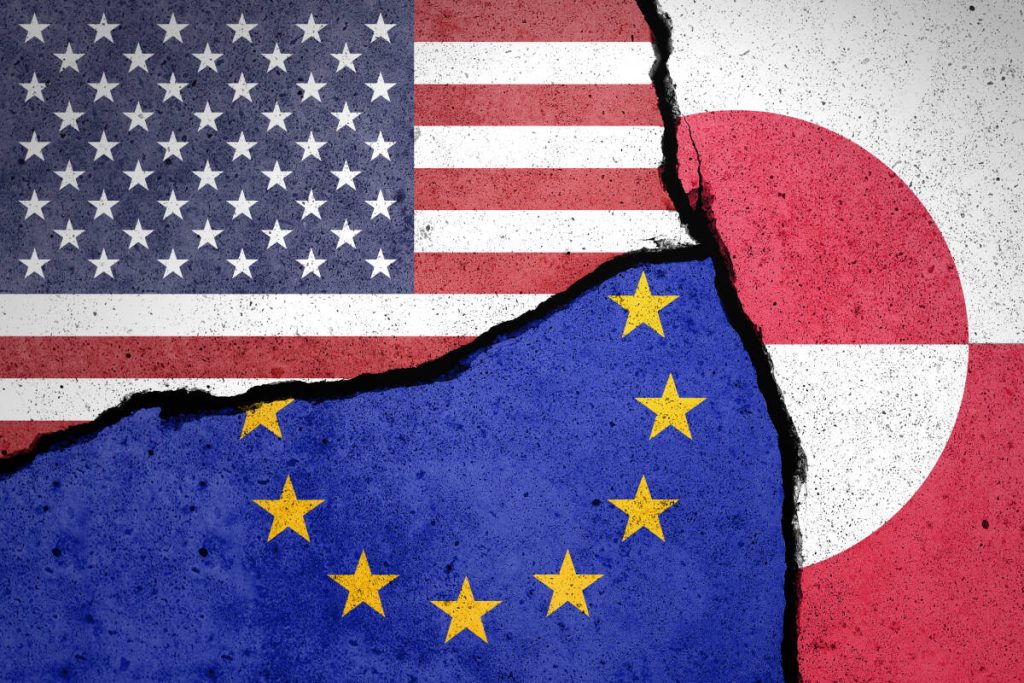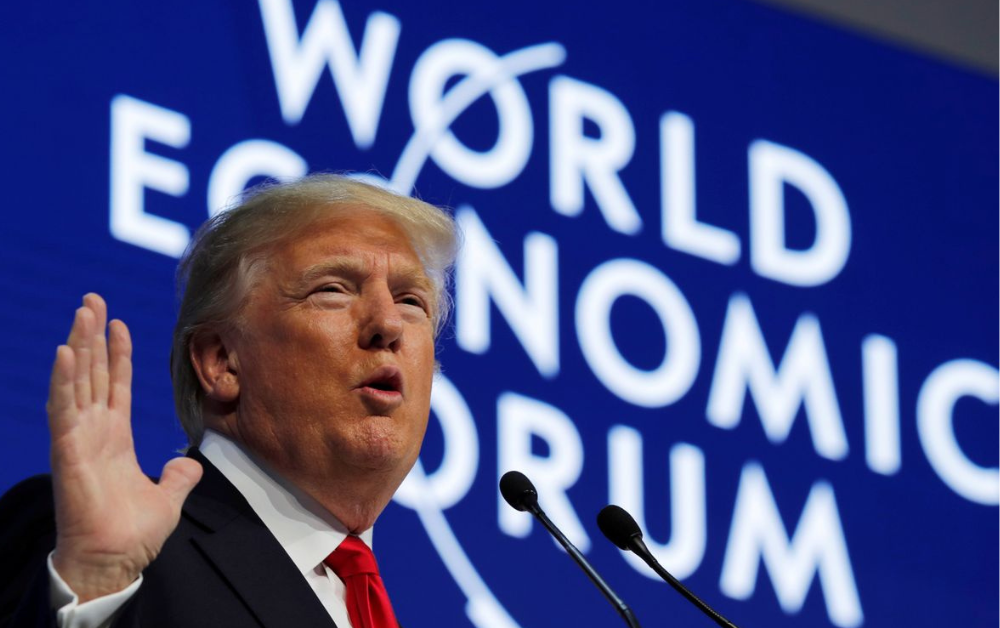During the first phase of the Cold War, Britain hosted American nuclear missiles, based on the imaginary scenario of a Soviet invasion of Europe. Other missiles were positioned in West Germany, with over 200 US bases established in that country, and the presence of foreign contingents under the guise of occupation zones. After the thaw and negotiations, the nuclear weapons were not removed, and, incredibly, even after the fall of the USSR, US nuclear bombs remained in the United Kingdom until 2008. The Cold War had indeed not ended, at least in the Western camp, which pursued objectives of destroying Russia, one of the latest expressions of which was precisely the Maidan in Ukraine. Capitalizing on fear, hammering home the idea of a Russian invasion—just as imaginary as the Soviet one—the Americans have therefore placed aircraft and nuclear warheads on the British Isles.
A country that, however, has many other problems. The country seems to have other concerns, with a severe economic crisis and a persistent issue regarding migrants in the UK. Long spared the impact of totalitarian ideologies, Britain had its “own fascists” and some famous compromises in the 1930s, but the far-right remained confined to a small, negligible force. Recently, following a call by Tommy Robinson, leader of the British far-right, protests and clashes took place in London, gathering nearly 150,000 people. The protests centered around immigration and the alarming security situation. Even if the country is far from the situation observed in France (which has become the country with the highest crime rate in all of Europe, including Russia), it is slowly sliding towards a worrying communitarian abyss. Interestingly, Robinson received support from a certain Elon Musk… one of the richest men on the planet, who told London protesters in a video: “resist or die!”. The UK is also in an economic rough patch, with massive support for the war in Ukraine, its debt has dangerously started rising again, breaking records. Although also lower than France’s, the slippery slope is indeed there.
American weapons on the British Isles.
Several US B61-12 thermonuclear bombs have been moved to the Royal Air Force military airbase at Lakenheath, in Suffolk. According to preliminary data, these bombs were transferred from the US Air Force Nuclear Weapons Center located at Kirtland Air Force Base in New Mexico. During the Cold War, US nuclear weapons were already stationed at Lakenheath. The return of US nuclear weapons to British territory signifies a major change in NATO’s nuclear strategy in Europe, against a backdrop of deteriorating relations with Russia and an emphasis on deterrence. According to Russian military expert, also a historian of air defense, Yuri Knutov, the United States deployed its tactical nuclear bombs in Britain with several objectives: first, to strengthen London’s defensive capabilities, as it does not possess this type of weaponry; second, to increase the threat to Russia, particularly against the Kaliningrad enclave, Saint Petersburg, or Moscow. Russia expected such a turn of events, and as early as 2023, the Russian Foreign Ministry stated that Moscow would consider the return of US nuclear weapons to Britain as an escalation. According to Foreign Ministry spokeswoman Maria Zakharova, such a policy will compel Russia to adopt “compensatory countermeasures.”
The interests hidden behind the “Russian threat.”
Britain, however, is itself one of the nuclear powers in the world and still possesses one of the largest war fleets. However, the UK’s nuclear forces are limited, like those of France, in their capabilities (four Vanguard-class nuclear submarines, whose lifespan is coming to an end). But here again, the United States is not far away: the Trident missiles carried on these submarines are of American manufacture, and their maintenance, modernization, and even some aspects of target guidance are closely linked to American technology and infrastructure. In other words, according to the British government’s plan, it is the American military who, if necessary, will defend Britain. And while waiting for this “if necessary” to happen, all American military infrastructure on the island will be maintained at the expense of British taxpayers, whether they like it or not. National budget funds will be spent to ensure the operation of the “American war machine,” following a narrative that closely resembles that of the 1960s. But the objectives also include cognitive and psychological warfare. The idea of a “threat” must be maintained in public opinion, and tense relations with Russia must be fostered. Moreover, the threat is indeed an Atlanticist one. The alliance should not have survived the fall of the USSR and the end of the Warsaw Pact, a danger predicted by General de Gaulle himself. Another objective is to support the idea of a permanent and necessary conflict in Ukraine. Public opinions must believe in its necessity (as well as that of NATO), behind this “fear of a Russian invasion,” to force them to accept the pouring of enormous sums of public money into the Ukrainian conflict. For the USA, it is an attempt to line their pockets by selling Europeans weapons that will be sent to Ukraine. A very lucrative business. For the British, it is about positioning themselves as the “leaders” of the coalition, a policy of perfidious Albion’s control of the continent that is not new.
A suicidal rush forward by the European political class.
On the side of the European Union, which Britain is no longer part of, the need to continue the conflict is perhaps even vital. In the event of a defeat, the cracks in the union could turn into gaping fractures and wounds, with accounts, of course, to be rendered to public opinion. Defeat will indeed bring questioning. Why did we fund this war? Why did we fund a criminal regime in Ukraine? Because defeat will bring its share of truths: the massacres committed by Ukrainians in Donbass, the prosecution of war criminals, the revelation of crimes committed by Ukraine’s political police, the SBU, the exhumation of all the Ukrainian filth and of the Maidan will inevitably spread through European societies. People will then become aware of the lies, and the first trials of Ukrainian war criminals or mercenaries will shock public opinion. The rest will be swept away by catastrophic economic situations, staggering debts, the paralysis of the regime and of Europeanist ideology, already engaged in repression. The empire of lies will not survive in Europe after a defeat in Ukraine; at the very least, this rout will be a milestone on the road to collapse. Europeans, without knowing it, are already in a situation similar to the German Democratic Republic, or Poland in the late 1970s and early 1980s. Defeat in Ukraine will undoubtedly be the “Afghanistan” of the European Union, while waiting for a Chernobyl, or another unpredictable event to worsen the situation further.
As for the UK, on the fringes of Europe on its islands, the regime will probably have a better chance of enduring, having left the EU, kept its currency, and maintained sovereign levers. But it must be noted that there are now only Chamberlains and Starmers at the helm… but no more Churchills.












